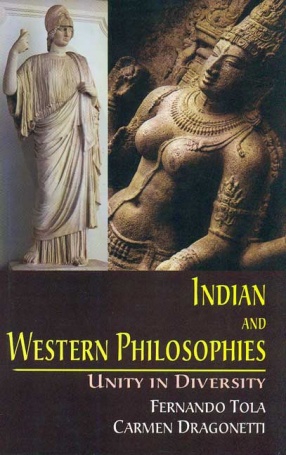
Showing all 6 books

Dragonetti and Tola deal in this book with many cases of thematic and methodological coincidences between Indian and Western philosophical thought in order to establish that there is an Indian Philosophy with the same expectations and the same weaknesses as those of Western Philosophy. Thus it is possible to conclude that there is not a "Western Thought characterized by rationality and freedom of mind", opposed to an "Indian Thought characterized ...
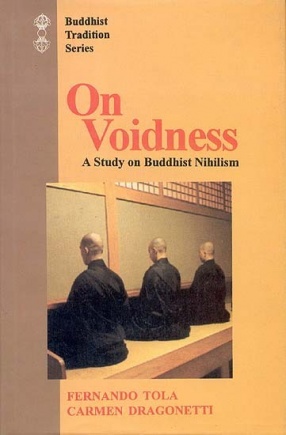
The Buddhist school Madhyamika is one of the most important philosophical schools in India. It was founded by the great thinker Nagarjuna in the second century A.D. His doctrine is centered around the concept of sunyata or Voidness which metaphorically designates the absolute inexistence of an own being i.e. of any substance existing in se et per se.
The present edition contains four fundamental texts of that school, three by Nagarjuna and one by his disciple ...
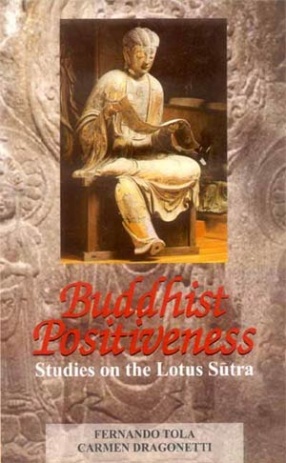
The Lotus Sutra is one of the Buddhist texts which can give a real Idea of the force, originality, influence, and value of the Buddhist Positiveness. This essay on Buddhist Positiveness was originally written (in 1994) by Fernando Tola as an answer to the Catholic Pope's criticism of Buddhism, according to which Buddhism is a 'negative' religion; and this essay was presented afterwards, in an abridged version, as a paper, in The International ...
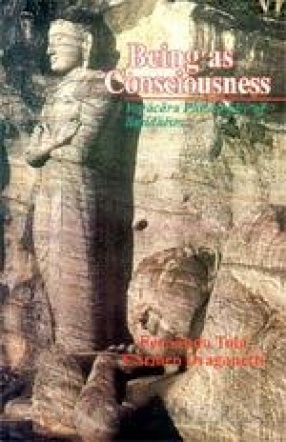
This work is intended to be an introduction to the study of the Yogacara Buddhist philosophy together with its commentaries and notes for better comprehensibility of the contents of three edited and translated texts, namely Alambanapariksavrtti of Dignaga; the Vimsatika Vijnaptimatratasiddhih and Trisvabhavakarika of Vasubandhu. Yogacara is one of the great philosophical schools of Mahayana Buddhism. It produced many first class philosophers of deep and subtle ...
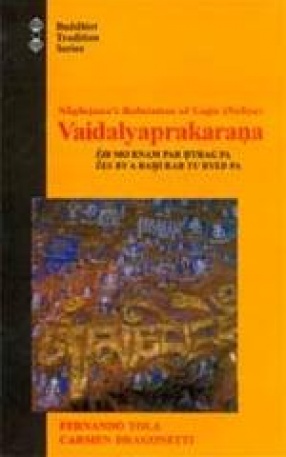
The Vaidalyaprakarana belongs to the Madhyamika school of Buddhist Philosophy. It demonstrates the logical impossibility of the existence of the Nyaya categories or padarthas as enumerated and dealt with in Gautama’s Nyayasutra and Vatsyayana’s Bhasya thereof. It belongs to the Indian philosophical tradition which did not admit the pramanas as valid means of knowledge. The Vaidalyaprakarana is immersed in the dialectical atmosphere that characterizes that ...
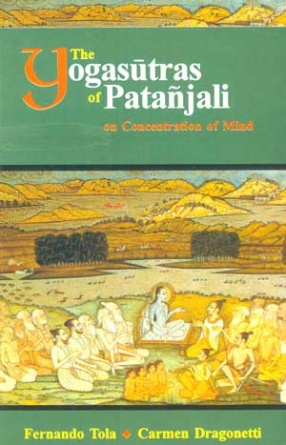
The Yogasutra is one of the most important works of Indian culture. This is so partly on account of its intrinsic worth as a masterly analysis of trance and as an equally masterly description of the method by which it is reached. Its importance derives also from its being the foundational text of Yoga, the system which plays a basic role in the culture of India. Indeed a knowledge of this system is necessary to understand the highly varied expressions of Indian ...
